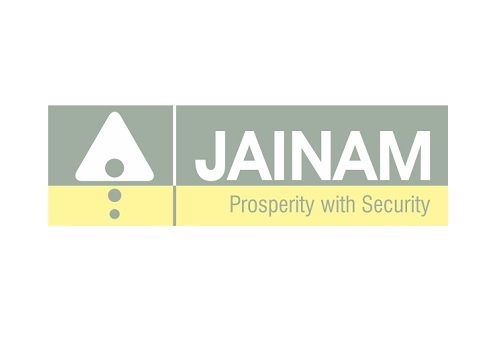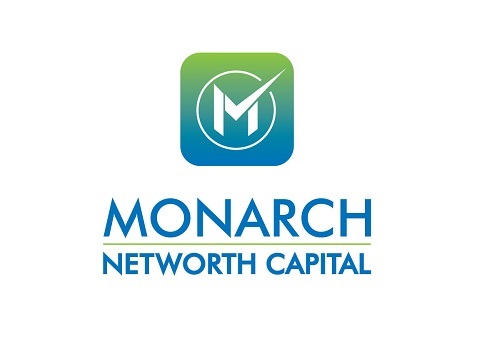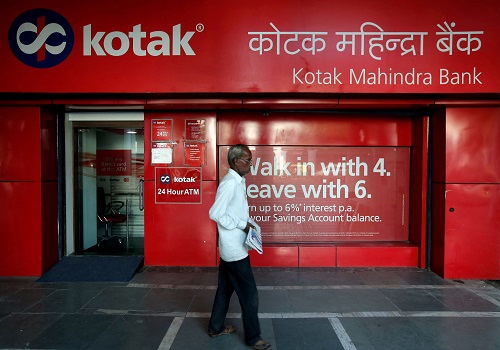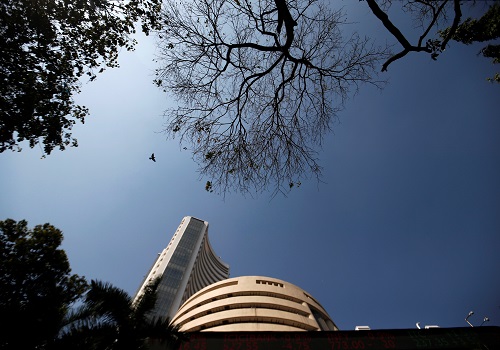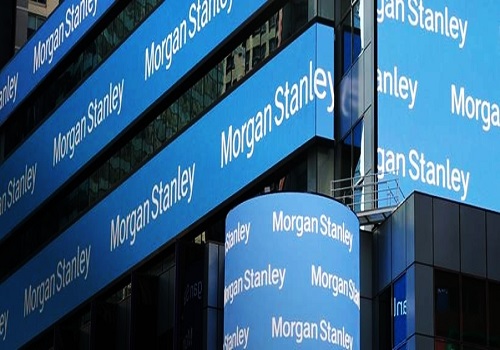Benchmarks end higher for fourth straight session

Follow us Now on Telegram ! Get daily 10 - 12 important updates on Business, Finance and Investment. Join our Telegram Channel
Indian equity benchmarks continued their uptrend on Monday with the Nifty hitting a fresh record high, due to strength in index heavyweights such as Reliance Industries, ICICI Bank and Bharti Airtel ahead of the gross domestic product (GDP) data for the fourth quarter. A steady decline in daily COVID-19 caseload also strengthened investor sentiment. The Health Ministry said India reported the lowest daily new coronavirus infections in 50 days with 1,52,734 cases, taking the tally to 2,80,47,534 on Monday, while the active caseload declined to 20,26,092. Markets started the week on cautious note, as SBI Research analysis of EPFO payroll data shows that net job creation in the economy fell by 16.9 lakh in FY21 over the previous fiscal. Additionally, India Meteorological Department (IMD) said that the arrival of monsoon over Kerala is likely to delayed by two days and it is now expected to make an onset over the state by June 3.
But, key indices soon gained traction in late morning deals, taking support from Revenue Secretary Tarun Bajaj’s statement that Indian economy has not suffered as much this year amid the second wave of COVID-19 as compared to last year when there was complete lockdown. Giving two scenarios, he said if Rs 1.10 lakh crore GST is collected per month, the deficit in states’ revenue would be Rs 1.50 lakh crore. If Rs 1.15 lakh crore GST is collected monthly, then that deficit would be Rs 1.25 lakh crore. So since Rs 1.58 lakh crore would be borrowed this fiscal towards compensating states, the extra borrowing, over and above what is the shortfall this year, would be utilised to make good the shortfall in states’ revenue of previous years. Domestic sentiments also remained positive, as the finance ministry expanded the scope of the Rs 3 lakh crore Emergency Credit Line Guarantee Scheme (ECLGS), which will now offer concessional loans to hospitals for setting up on-site oxygen generation plants. Adding more comfort among traders, the Ministry of Labour and Employment announced additional benefits for workers through social securities schemes run by the EPFO and the ESIC amid the COVID-19 pandemic.
On the global front, Asian markets ended mostly higher on Monday, following the broadly positive cues from Wall Street amid rising optimism about economic recovery thanks to upbeat economic data, easing inflation concerns and prospects of additional fiscal stimulus. The latest survey from the National Bureau of Statistics showed the manufacturing sector in China continued to expand in May, albeit at a slower pace, with a manufacturing PMI score of 51.0. That was shy of expectations for 51.1. The non-manufacturing PMI came in with a score of 55.2, beating forecasts for 54.9, which would have been unchanged from the previous month's reading. European markets were trading mostly in green, ahead of Germany's inflation reading. Back home, on the sectoral front, steel industry’s stocks were in focus as India Ratings and Research (Ind-Ra) report stated that domestic steel consumption is likely to be low over 1Q FY22 quarter-on-quarter due to the second Covid wave but not at the low levels witnessed over 1Q FY21 when there was a complete shutdown of activities
Finally, the BSE Sensex rose 514.56 points or 1.00% to 51,937.44, while the CNX Nifty was up by 147.15 points or 0.95% to 15,582.80.
The BSE Sensex touched high and low of 52,013.22 and 51,179.94, respectively and there were 22 stocks advancing against 8 stocks declining on the index.
The broader indices ended in green; the BSE Mid cap index rose 0.45%, while Small cap index was up by 0.50%.
The top gaining sectoral indices on the BSE were Energy up by 2.46%, Metal up by 2.25%, Telecom up by 1.63%, Oil & Gas up by 1.36% and Realty up by 1.33%, while IT down by 0.15% and Auto down by 0.13% were the top losing indices on BSE.
The top gainers on the Sensex were Reliance Industries up by 3.13%, ICICI Bank up by 2.95%, Bharti Airtel up by 2.16%, Dr. Reddys Lab up by 2.08% and Maruti Suzuki up by 1.89%. On the flip side, Mahindra & Mahindra down by 4.53%, Infosys down by 0.79%, Larsen & Toubro down by 0.79%, Indusind Bank down by 0.53% and Tech Mahindra down by 0.42% were the top losers.
Meanwhile, Revenue Secretary Tarun Bajaj has said that Indian economy has not suffered as much this year amid the second wave of COVID-19 as compared to last year when there was complete lockdown. Giving two scenarios, he said if Rs 1.10 lakh crore GST is collected per month, the deficit in states’ revenue would be Rs 1.50 lakh crore. If Rs 1.15 lakh crore GST is collected monthly, then that deficit would be Rs 1.25 lakh crore. So since Rs 1.58 lakh crore would be borrowed this fiscal towards compensating states, the extra borrowing, over and above what is the shortfall this year, would be utilised to make good the shortfall in states’ revenue of previous years.
Bajaj has stated that the Indian economy contracted 8 percent in the previous fiscal ended March 2021. Last month, the RBI retained its growth forecast at 10.5 per cent for the current financial year, while ADB projected a growth rate of 11 per cent. However, rating agencies have lowered growth forecasts for India, saying that the second wave of infections will hamper economic recovery. They, however, have estimated that the negative impact on economic output will be limited to the April-June quarter.
Revenue Secretary further said the Centre has estimated the shortfall in GST compensation payable to the states in the current fiscal at Rs 2.69 lakh crore, of which Rs 1.58 lakh crore would have to be borrowed this year. The Centre expects to collect over Rs 1.11 lakh crore through cess on luxury, demerit and sin goods which will be given to the states to compensate them for shortfall in revenue arising out of GST implementation. The remaining Rs 1.58 lakh crore would have to be borrowed to meet the promised compensation to states under the GST regime. In the last fiscal 2020-21, the Centre had borrowed on behalf of the states and released Rs 1.10 lakh crore to compensate them for the GST revenue shortfall. Another Rs 68,700 crore was collected by way of levy of cess.
The CNX Nifty traded in a range of 15,606.35 and 15,374.00 and there were 39 stocks advancing against 11 stocks declining on the index.
The top gainers on Nifty were JSW Steel up by 3.25%, ICICI Bank up by 3.00%, Reliance Industries up by 2.80%, Bharti Airtel up by 2.37% and Tata steel up by 2.13%. On the flip side, Mahindra & Mahindra down by 4.36%, Adani Ports &SEZ down by 0.90%, HDFC Life Insurance Company down by 0.56%, Indian Oil Corporation down by 0.46% and Indusind Bank down by 0.45% were the top losers.
European markets were trading mostly in green; UK’s FTSE 100 increased 2.94 points or 0.04% to 7,022.61, France’s CAC increased 0.36 points or 0.01% to 6,484.47 and Germany’s DAX decreased 34.86 points or 0.22% to 15,485.12.
Above views are of the author and not of the website kindly read disclaimer




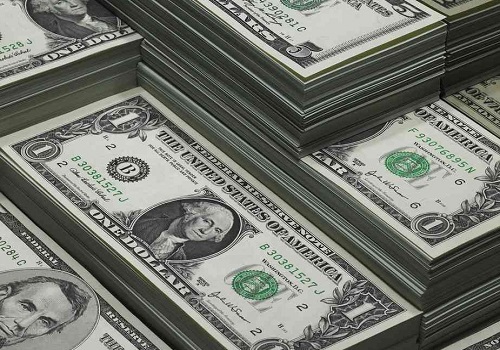

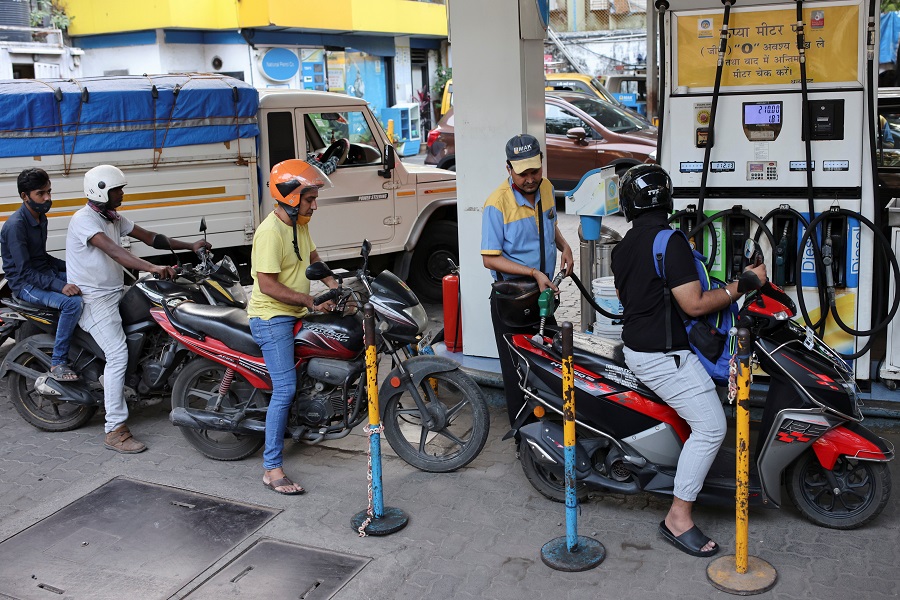

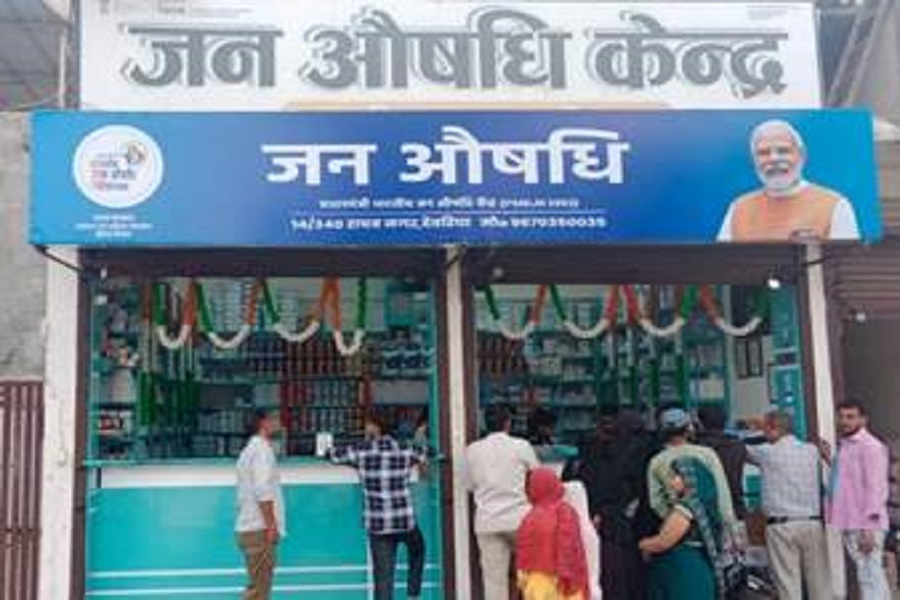
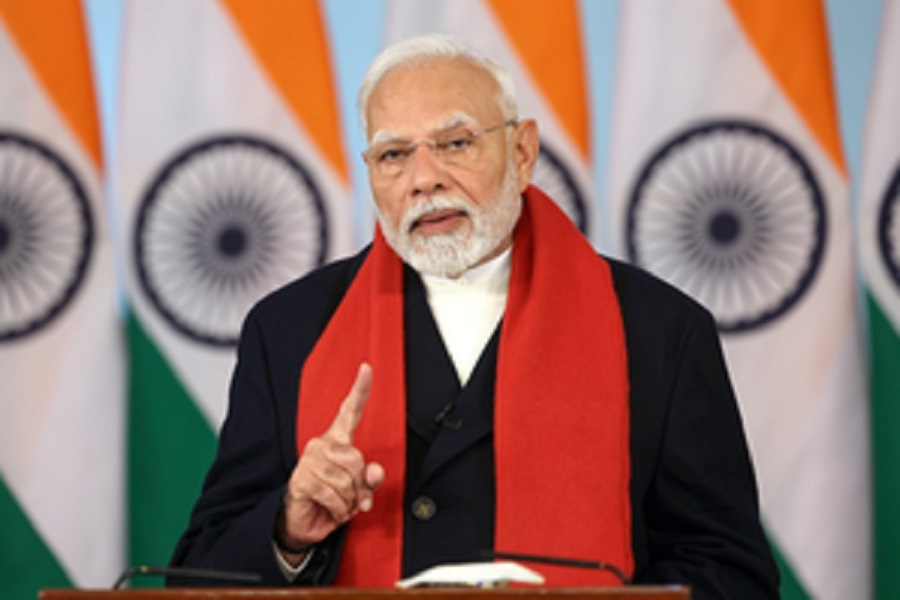
Tag News

Weekly Market Analysis : Markets strengthened recovery and gained nearly 2% in the passing w...



More News
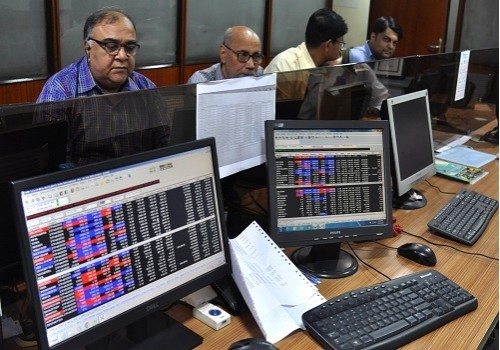
Post-market comment by Mandar Bhojane, Choice Broking
